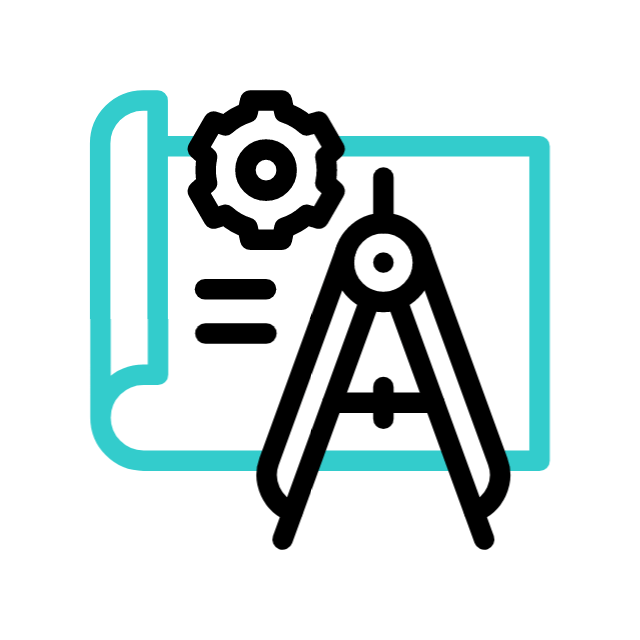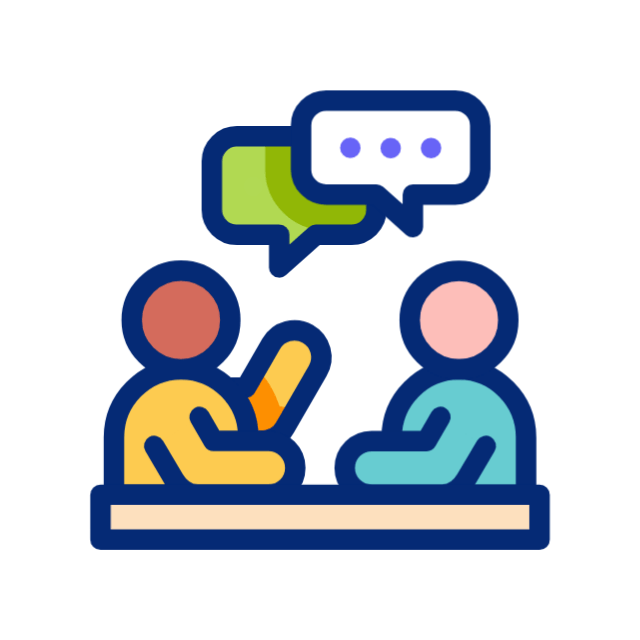B.Tech in AI is an undergraduate program focused on the principles, techniques, and applications of artificial intelligence. It covers various topics such as machine learning, deep learning, natural language processing, computer vision, robotics, and AI ethics. The program equips students with the knowledge and skills to develop AI-based solutions for real-world problems.
Graduates can pursue diverse career paths in industries such as technology, healthcare, finance, manufacturing, and automotive. Career opportunities include AI engineer, machine learning engineer, data scientist, AI researcher, robotics engineer, AI consultant, and AI product manager.
The curriculum usually includes courses in mathematics (linear algebra, calculus, probability), programming (Python, Java), machine learning algorithms, deep learning architectures, data mining, pattern recognition, natural language processing, computer vision, robotics, and AI applications.
Students develop skills in programming, data analysis, statistical modeling, machine learning algorithm development, neural network design, AI system implementation, problem-solving, critical thinking, and collaboration. They also gain experience in using AI tools and frameworks.















